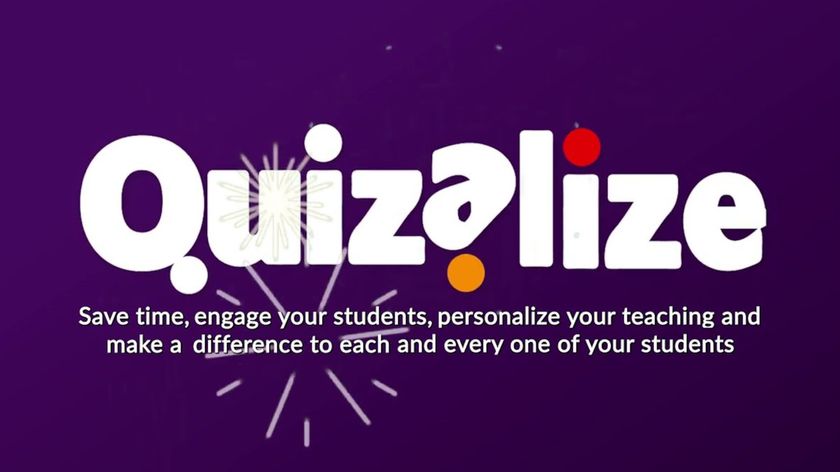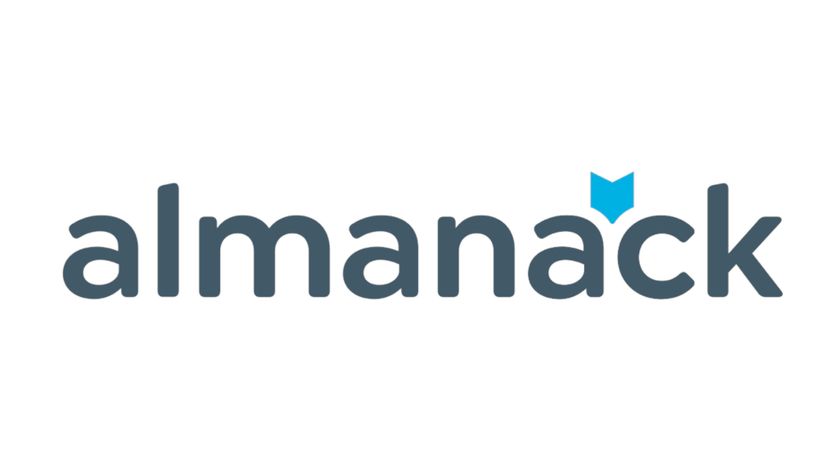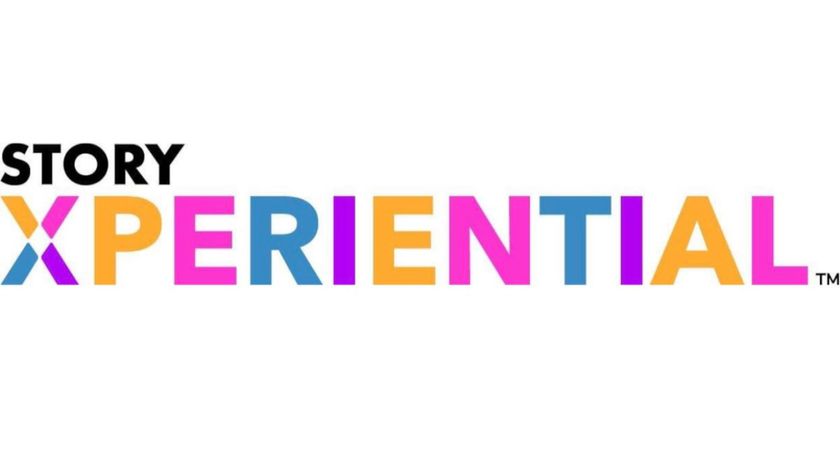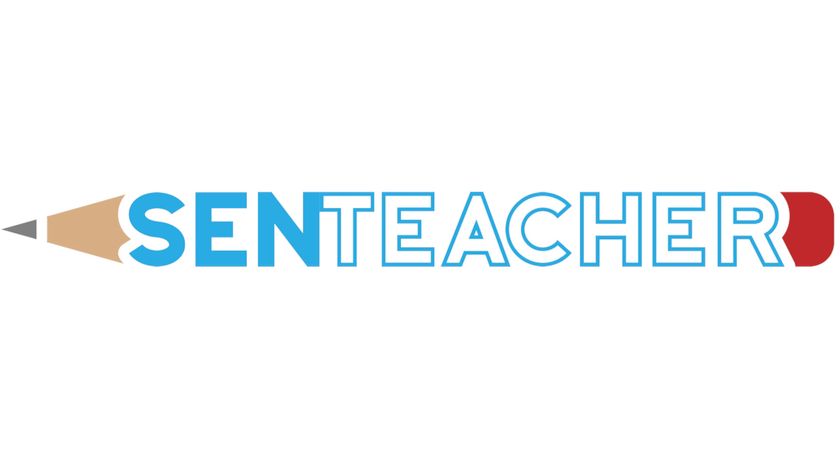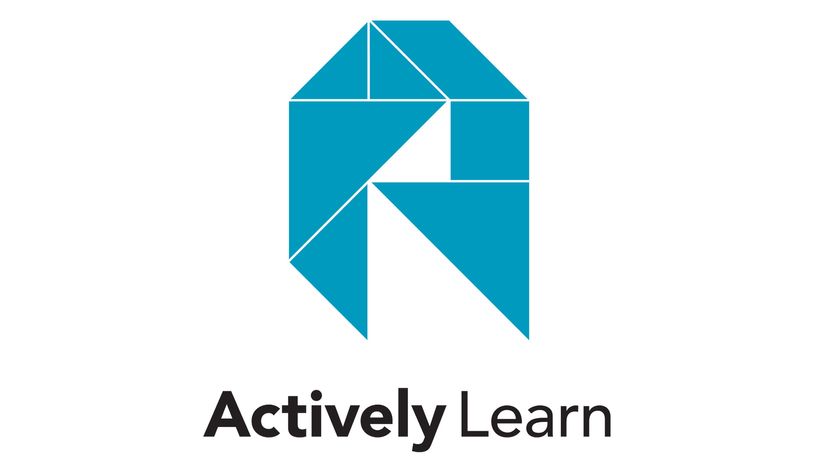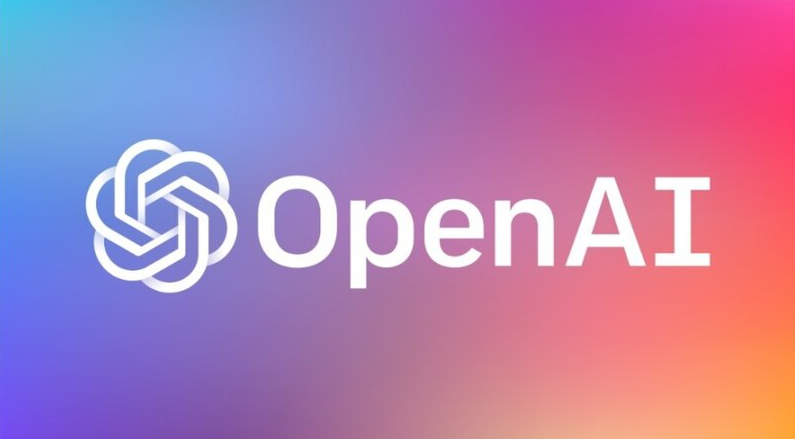First Day of Class: 5 Edtech Tools That Can Make it More Engaging
These interactive apps will help keep your students active and engaged as they get to know you, each other, and what to expect this year.

As the Grateful Dead says, “The first days are the hardest days.” Students can be apprehensive about returning to school or arriving for the first time while educators have the difficult task of establishing classroom rules and expectations without boring students. As an adjunct instructor, I’ve been guilty of using the first day of class to conduct uninspired and painfully detailed reviews of the syllabus.
Luckily, technology can help me and other educators. There are many apps that make establishing class expectations fun and engaging while helping teachers get to know their students and students getting to know their teacher and classmates. Here are some of my favorites.
1. Google Forms
This easy-to-use and accessible tool has more applications than many educators realize. You can use Google Forms to conduct surveys, give formal or informal quizzes, and get short answer responses from students that help jumpstart educator-student connection. You can use Google Forms to survey students about their knowledge of class material and get a real-time breakdown of student responses.
I like to create an ungraded Google Form quiz based on the key details from the syllabus or course schedule. Rather than lecturing students about when a certain assignment is due, the low-stakes, no-pressure quiz requires them to consult the syllabus on their own to find due dates, schedules, etc.
You can also use Google Forms to have students share their preferred names and pronouns, as these may be different from what’s listed on your class roster.
2. PronounceNames.com
Speaking of names, there’s no quicker way to send the wrong message to your students than mispronouncing their names. As someone who struggles with pronunciation in general, I find PronounceNames.com to be a life saver. The site has recordings of proper pronunciations for more than 100,000 names.
In addition to checking the pronunciation of your students’ names on this site before students arrive, you can devote some time on the first day to having students check this app to see if their name is pronounced correctly. If it’s not, you can ask them to tell you how to pronounce their name and even consider having them upload a recording of them pronouncing their name to your LMS.
Tech & Learning Newsletter
Tools and ideas to transform education. Sign up below.
3. GooseChase EDU
GooseChase EDU is a free digital tool that helps students learn through teacher-designed scavenger hunts that gamify lesson plans. Students can compete individually or on teams, and the scavenger hunts can be timed and entirely text-based, or can require students to travel to certain GPS coordinates to complete missions. Creating a scavenger hunt themed around course material or rules, is a fun way to get students to break the ice with one another and learn in the process.
4. Word Clouds
Using word clouds to survey students can be a great, fast way to gauge their reactions and feelings. Mentimeter and other platforms offer free access to interactive word clouds that students can build with you in real time during class.
For example, I teach writing and journalism, so on the first day of class I might ask my students to share the first word that comes to mind when they hear “journalism” or “writing.” The responses can be illuminating and give a quick sense of what my new students’ relationship to the subject matter is and their expectations. Some students are eager to write, others are fearful of the practice, and this exercise lets us delve into these feelings on Day One.
5. Book Creator
This free tool allows students to create their own ebooks complete with photos, video, and audio, and in different formats, such as comic books.
For younger students, a great way to have students learn more about one another and let their creativity shine is to have them create an “About me” page using Book Creator. This can include a short bio and photo. Students can also add audio and video components to their page, providing an opportunity for more of their personality to shine. Ultimately, the various student’s pages can be combined into one ebook about the class.
Erik Ofgang is a Tech & Learning contributor. A journalist, author and educator, his work has appeared in The New York Times, the Washington Post, the Smithsonian, The Atlantic, and Associated Press. He currently teaches at Western Connecticut State University’s MFA program. While a staff writer at Connecticut Magazine he won a Society of Professional Journalism Award for his education reporting. He is interested in how humans learn and how technology can make that more effective.

